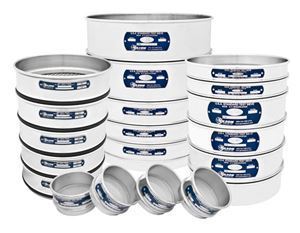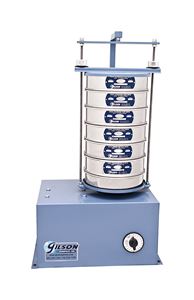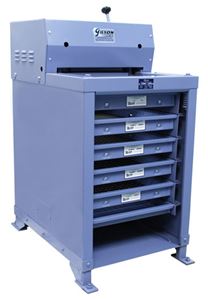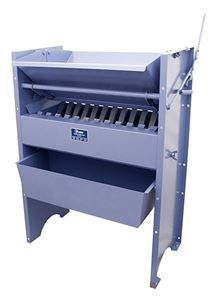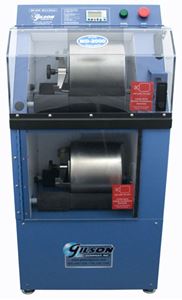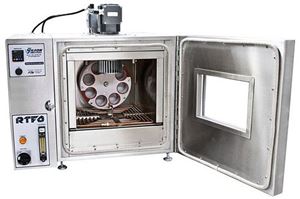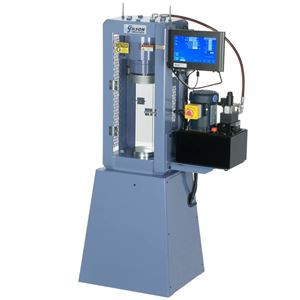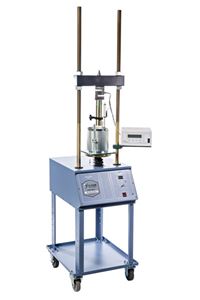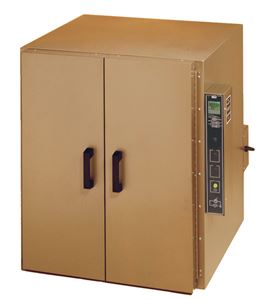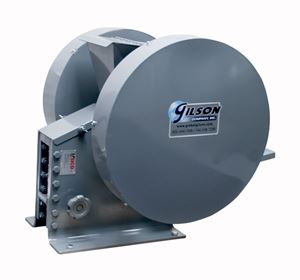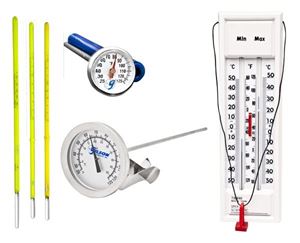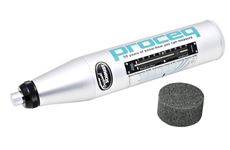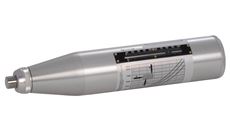- Log in
- Favorites List
-
Shopping Cart
You have no items in your shopping cart.
Concrete Test Hammers
Concrete Test Hammers are ideal for fast and economical non-destructive testing (NDT) assessment of in-place concrete to evaluate strength and consistency. These versatile concrete testing tools are also called Swiss Hammers or Rebound Hammers.
Concrete test hammers provide a rebound number or R-value of hardened concrete. They also reveal areas of inconsistent quality, estimate in-place compressive strength, isolate areas damaged by freezing or fire, and indicate areas requiring more advanced nondestructive evaluation of testing.

Gilson's line of test hammers meet ASTM, British, and European standards in two levels of impact energy:
- Type N hammers provide impact energy of 1.63ft-lbf (2.207Nm) for nondestructive testing on standard concrete elements with thicknesses greater than 3.9in (100mm).
- Type L hammers with an impact energy of 0.54ft-lbf (0.735Nm) provide more repeatable values and fewer cosmetic or structural damage when testing items less than 3.9in (100mm) thickness. The L models are ideal for thin section applications like precast pipe or for testing early-age concrete for form removal or post-tensioning operations.
All models operate by pressing a plunger rod against a concrete surface until a spring-loaded mass is released, causing the plunger to impact the concrete surface. Included calibration curves provide the estimated strength of concrete from the rebound number. Accuracy is greatly improved by user-produced laboratory correlations with compressive strength tests on the same type of concrete being evaluated, as described in ASTM C805 and ACI 228.1R.
On analog models, a sliding indicator shows rebound numbers. When using advanced electronic versions they use sensors and accelerometers for more repeatable R or Q rebound values. Electronic models also feature data storage and handling functions.
- Schmidt Hammers are the industry standard for accurate and reliable rebound hammers. They are available in Type N or Type L models. Both types come in a plastic carrying case. Gilson also carries the Schmidt Rock Hammer for specific geological and geotechnical applications, assesses the strength and soundness characteristics of rock formations.
- Gilson Concrete Test Hammer is a cost-effective alternative to the Original Type N Schmidt Concrete Rebound Test Hammer. This model is supplied in a nylon carrying case.
For more information, read our blog Rebound Hammer Test: What You Need To Know.
For more information on Concrete Test Hammers, here are our related blogs:

